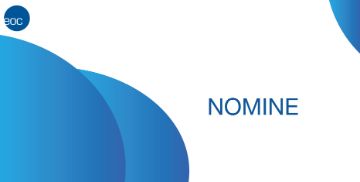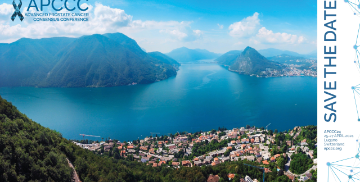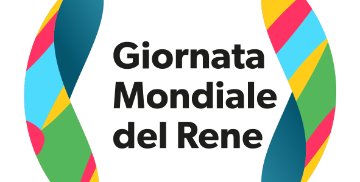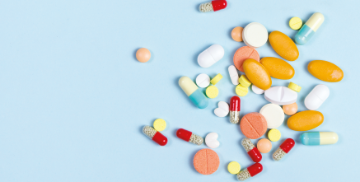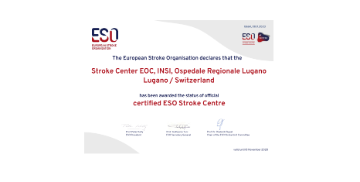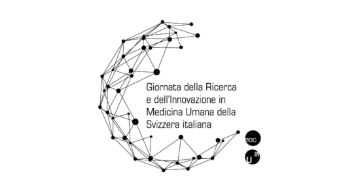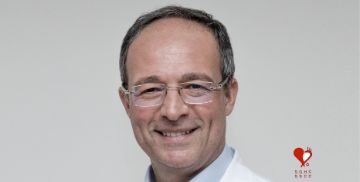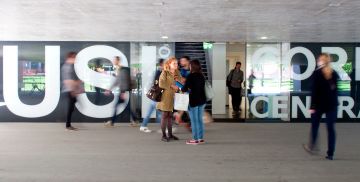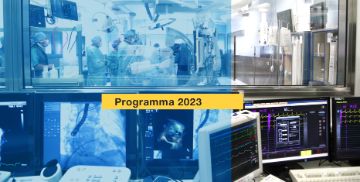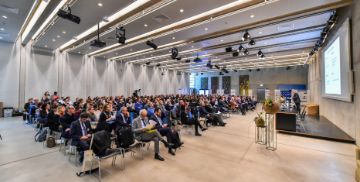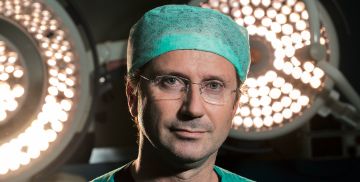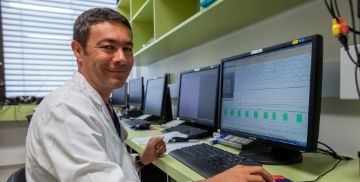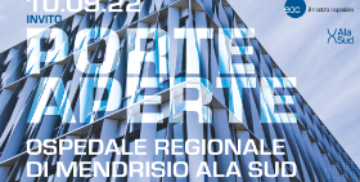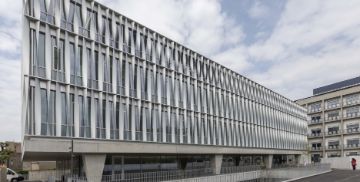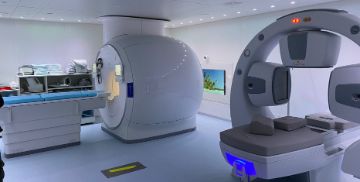Su di noi
L'Ente Ospedaliero Cantonale è un'azienda dello Stato con personalità giuridica propria di diritto pubblico. Gestisce, coordina e integra in un'offerta sanitaria di qualità una rete di ospedali pubblici con l'obiettivo di essere i più vicino possibile ai bisogni della popolazione, assicurando una medicina di provata efficacia e cure rispettose della centralità del paziente.
-
43'244Pazienti degenti nel 2022
-
651'568Visite ambulatoriali nel 2022
-
311'347Giornate di cura nel 2022
I nostri ospedali
-
Clinica di Riabilitazione EOC, Faido
-
Ospedale Regionale di Bellinzona, Acquarossa
-
Ospedale Regionale di Bellinzona, San Giovanni
-
Ospedale Regionale di Locarno, La Carità
-
Ospedale Regionale di Lugano, Civico
-
Ospedale Regionale di Lugano, Italiano
-
Clinica di Riabilitazione EOC, Novaggio
-
Ospedale Regionale di Mendrisio, Beata Vergine







